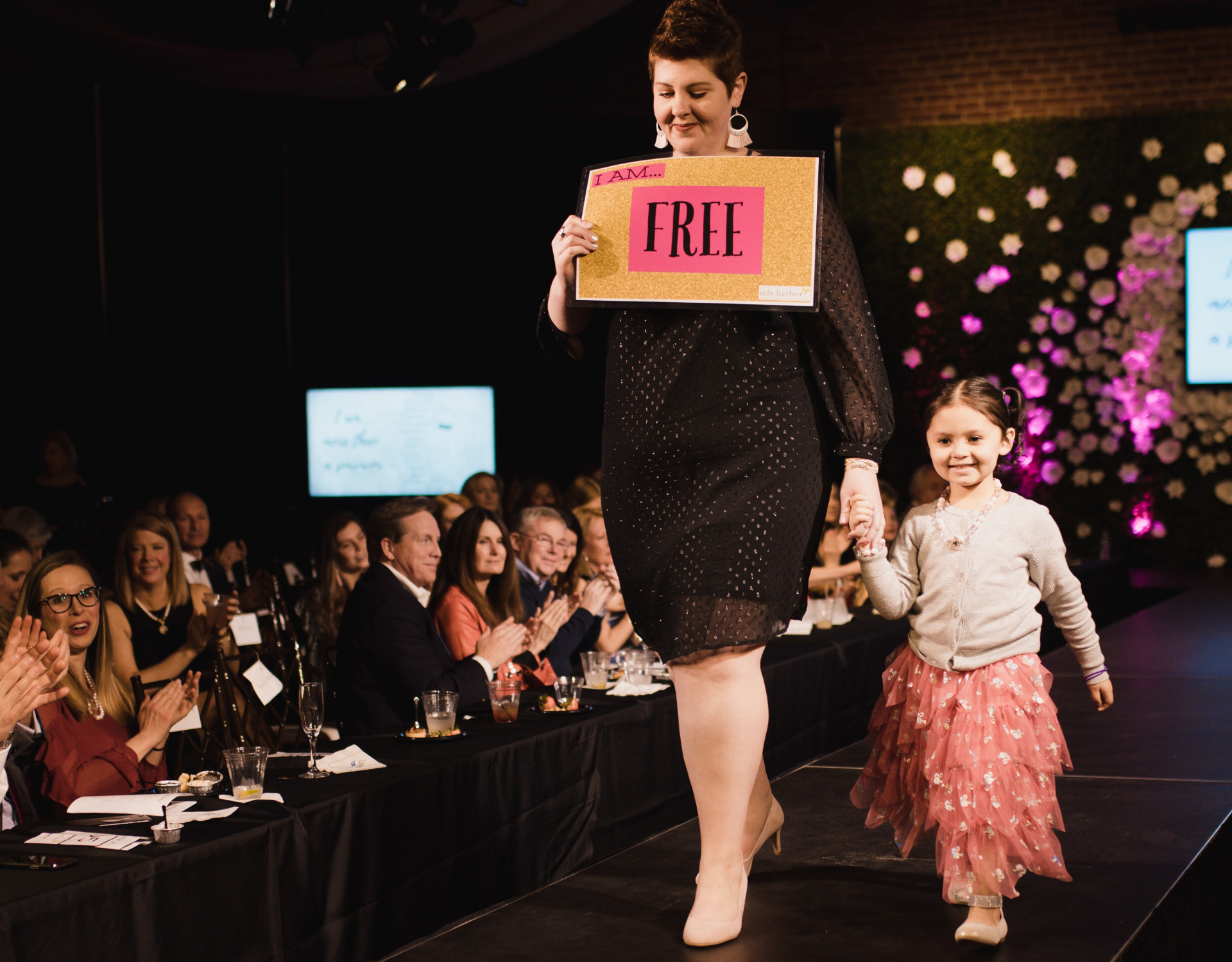by Julie Meredith, Volunteer, Communications & Education Director, Safe Harbor
During graduate school, I completed a summer internship at a transitional housing program for victims of domestic violence and their children in Richmond, VA. On my first day working there, I was introduced to the “Power and Control Wheel” for the first time. I read through it once and let it sit for a while in my mind. That evening after work, I sat in my apartment and read through it, over and over again.
Up until that point in my life, I had a very limited understanding for the definition of “Domestic Violence.” I assumed it was about anger – a person abusing his intimate partner because he cannot manage or control his emotions or feelings. I also assumed that Domestic Violence included physical abuse only.
But, as I read through that Power & Control Wheel, I had to come to terms first with my own misconceptions about Domestic Violence. This wheel showed me that Domestic Violence is not about “losing control” at all; it is about the perpetrator’s strong desire to have complete control and power over a person whom he or she has promised to love, to respect and honor. I also recognized that physical abuse is only one of the many tactics and strategies that might be used to control a victim. I realized that Domestic Violence is about gradually stripping a person of their sense of freedom and self-worth. I discovered that Domestic Violence is something that can and does happen in any and all types of households and neighborhoods, no matter how educated or wealthy or charming or well-dressed a person might be.
As I read through that Power and Control Wheel, I had to come to terms with the fact that Domestic Violence was not just an issue that I had seen in movies or read about in text books. It was an issue that I had witnessed throughout my life. Domestic Violence has affected people whom I know and love. But, until I saw the wheel, I had no idea how to name the power and control that I was seeing in the relationships between some of the people whom I loved the most.
When I walk through the doors of Safe Harbor each day, I think about my beloved family and friends. I am thankful for them and blessed by them, even those who are only with me in spirit now. I think about what I wish for them, what support I would want them to find if they were to find themselves in a controlling and abusive relationship. I think about those who are experiencing violence in relationships right now, wondering if today might be the day that they are able to take a step towards getting safe, getting help. I think about what type of world I want for my daughter and my son to grow up in – a world in which respect, tolerance and love for all people is no longer what we are striving towards but the standard by which we all live.
The task of working towards social change is not simple. The roots of Power and Control in relationships run deep in our society – so deep that we often do not even recognize many of the signs on this wheel as abusive or violent. We have many steps left to take, many lessons yet to learn, many partnerships to continue building in order to allieviate and end domestic violence. And yet, as I think about all of these things, I feel so grateful and humbled to be part of an organization working towards these tremendous goals in our community. And, as I walk through the doors of Safe Harbor each day, I feel a glimmer of hope for better days to come.




